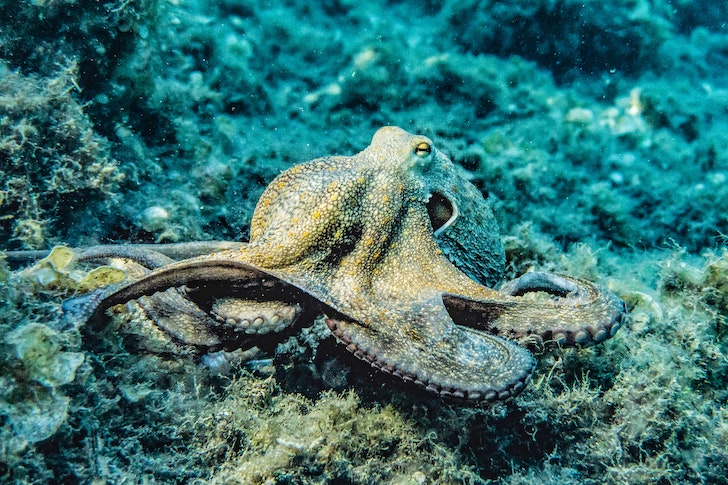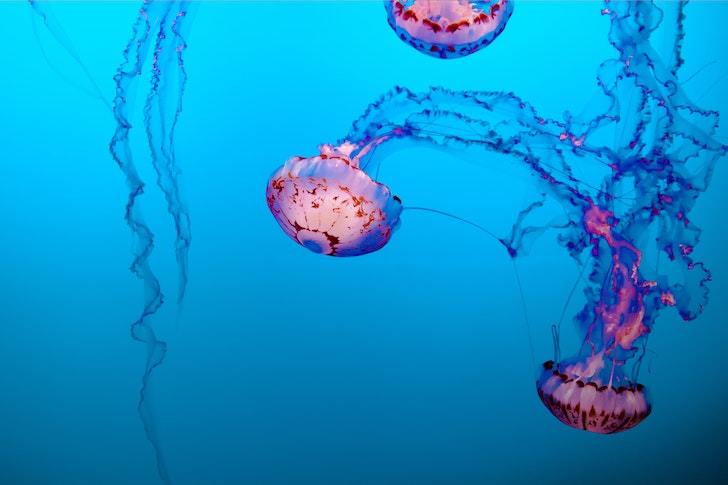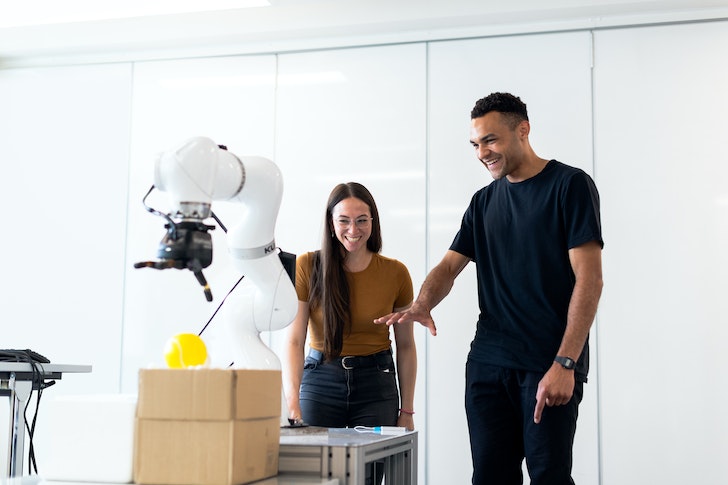Science has been advancing at a rapid pace, and it continues to impress mankind with its innovations and inventions. Ten years ago, no one would’ve believed that electric cars would be accessible to the general public or that space travel would become commercial. Science and technology have modernized life and made it far more efficient than it could’ve ever been.
Now, thanks to continuous innovation, scientists are using their newfound knowledge to tap into the realm of artificial intelligence and bio-inspired machine intelligence. Juncal Arbelaiz is a Ph.D. candidate who is currently exploring the theoretical underpinnings inspired by octopuses and jellyfish.

Inspired by Octopuses
Juncal Arbelaiz Mugica is a Spanish Ph.D. candidate who grew up seeing octopuses as one of the most common dishes on the menu. However, for Arbelaiz, octopuses are more than an exotic dish!
She studies creatures like jellyfish and octopuses as she researches the topic of soft-robotics theory. She is researching how to design a decentralized intelligence that is inspired by the octopus, whose more than half of the nerves are located in the eight tentacles and enjoy some degree of autonomy.
Softness Is Key
Since her work is heavily inspired by the invertebrates and their intelligence, Juncal is working on designing control strategies for robots that mimic the flexibility and the softness of these organisms. This trait enables them to be used in delicate and tight surroundings, like in a search-and-rescue mission or as a surgical tool.

She states that their flexibility and softness allow them to easily adapt to different environments. Since they don’t exhibit a rigid skeleton, it gives them an underrated advantage, making their movement efficient and smooth. When actuation and sensing are scattered throughout the body of the robot and computational capabilities are compromised.
Decentralized Over Centralized
Juncal explains that this is the exact reason why it is necessary to focus on decentralized schemes, which guarantee the needed behavior, despite sharing sensory information. Jellyfish, which exhibit decentralized control architectures, can easily maneuver and move through the location, despite not having a centralized control such as a brain.
Her expertise in this field at the University of Navarra in San Sebastian resulted in her working with one of the leading MIT professors, Josh Bush, in 2015 when he invited her as a visiting student to investigate droplet interactions.

Now Juncal Arbelaiz is pursuing her Ph.D. at MIT under the supervision of Al Jadbadaie, who is the JR East Professor of Engineering and head of the Department of Civil and Environmental Engineering, and Anette Hosoi, a Professor of Mechanical Engineering and Mathematics.
This is pretty impressive; imagine where the world would be if this scientific discovery made a breakthrough.




